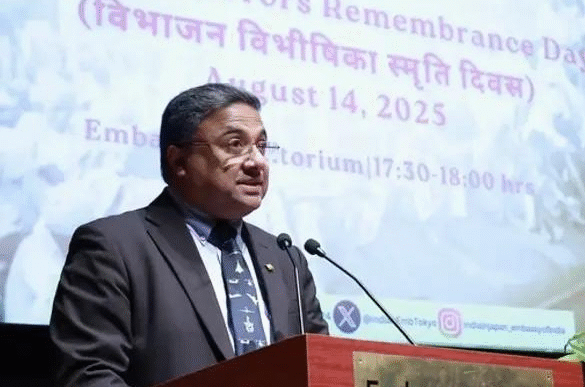Is India Set to Expand Its Strategic Role in the Indo-Pacific?
In a major geopolitical development, India may soon become part of the ‘Squad’, an informal security alliance currently consisting of the United States, Japan, Australia, and the Philippines. This move, proposed by Philippines’ Armed Forces Chief General Romeo S Brawner, reflects growing regional cooperation aimed at countering common security threats.
India is already a key player in the QUAD grouping with the US, Japan, and Australia, which focuses on maintaining a free and open Indo-Pacific. But will India take on a bigger role in the Squad as well?
Why is India Being Considered for Squad Membership?
At the Raisina Dialogue 2025, General Brawner emphasized the need to expand the Squad alliance to include India and South Korea. His remarks come amid rising tensions in the South China Sea, where Manila and Beijing have been at odds over territorial claims.
“We find commonality with India because we have a common enemy. And I’m not afraid to say that China is our common enemy,” Brawner said.
Key Reasons Behind India’s Potential Inclusion
•Shared Security Interests: Both India and the Philippines have faced territorial disputes with China—India along the Ladakh border and the Philippines in the South China Sea.
•Existing Military Ties: India already has defense partnerships with the Philippines, supplying BrahMos supersonic missiles and strengthening maritime security cooperation.
•Intelligence Sharing: Brawner hinted at greater military intelligence collaboration between the Philippines and India, which could become a crucial aspect of India’s role in Squad.
What Does Squad Expansion Mean for India?
India’s possible entry into Squad raises several strategic questions:
•Will this impact India’s QUAD membership? Since Squad consists of three QUAD members, India’s inclusion could strengthen its influence but may also require balancing its role in both alliances.
•How will China react? Given its aggressive stance in the South China Sea and past border clashes with India, Beijing is likely to see Squad’s expansion as a direct challenge.
•Does this mean deeper military engagement? Unlike QUAD, which primarily focuses on economic, technological, and diplomatic ties, Squad appears to have a stronger military and security focus.
India’s Next Steps in Squad Membership
While no official confirmation has come from India yet, General Brawner stated that discussions on India’s potential membership would take place with India’s Chief of Defence Staff, General Anil Chauhan.
With India’s growing role as a global strategic player, its inclusion in Squad could further strengthen its position in the Indo-Pacific, shaping the future of regional security dynamics.
What’s Your Take?
Would joining Squad be a smart move for India’s strategic interests? Share your thoughts!

















